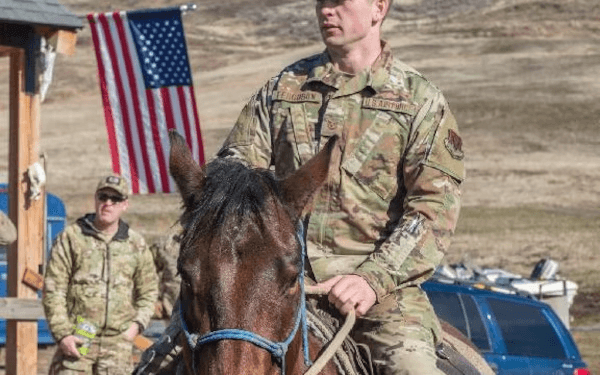Commentary
What I’m about to say applies to any VIP, including civilians, and some of it will be tongue-in-cheek, but please try to see the underlying concept without taking offense.

What I’m about to say applies to any VIP, including civilians, and some of it will be tongue-in-cheek, but please try to see the underlying concept without taking offense.